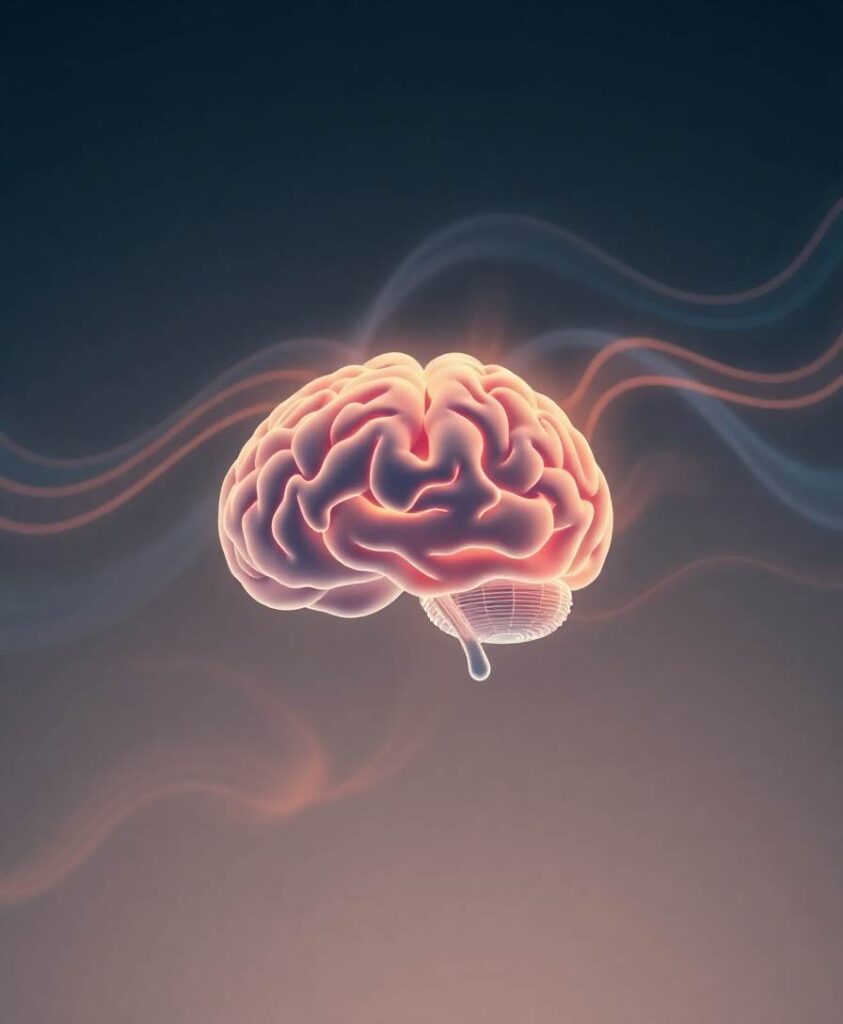Imagine you’re building a tower of blocks, but instead of adding one block at a time, you start knocking them down faster. Well, that’s what alcohol seems to do to the brain when it comes to Alzheimer’s disease. According to new research conducted on mice, even moderate drinking can speed up the loss of brain cells and the formation of toxic protein plaques that are characteristic of Alzheimer’s. Think of these plaques as unwelcome guests at a party who cause trouble and damage. It appears that alcohol might be inviting them in and giving them a VIP pass! So, it’s safe to say that excessive drinking is not a brain-friendly choice when it comes to Alzheimer’s disease. While this study was done on mice and more research is needed to confirm the same effects in humans, it raises important questions about the potential impact of alcohol on Alzheimer’s progression. To dive deeper into the fascinating world of this study, check out the link provided!



